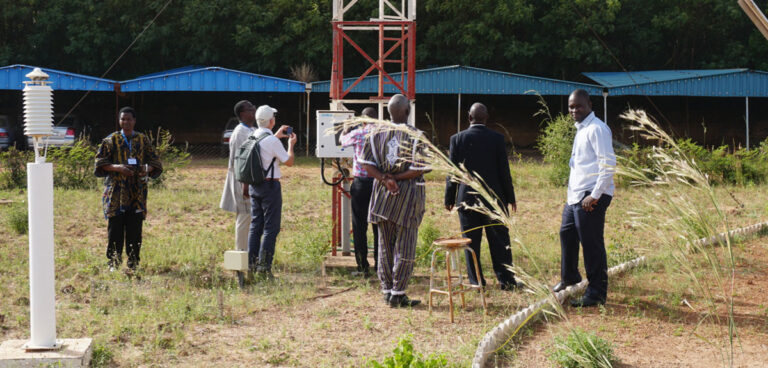Germany is contributing €10m (US$11m) to a global early warning system aimed at helping vulnerable countries respond faster to extreme weather.
Since it was launched in 2015 the Climate Risk Early Warning Systems (CREWS) initiative has invested US$42m in projects in developing countries and small island nations.
Some of the projects CREWS has funded include an early warning system for flash floods in Fiji and advisories for sand storms in Burkina Faso, which include seasonal forecasts and advice to farmers on when to plant their crops. Thanks to the initiative Papua New Guinea recently issued its first seasonal forecast via a partnership with the Australian Bureau of Meteorology.
Other countries to benefit from CREWS support include Afghanistan, Chad and Togo. Meanwhile there are new projects under development for Haiti and for other countries in the Pacific and West Africa.
German Federal Minister for Economic Cooperation and Development Gerd Müller said, “Climate change is already happening. And those suffering the most are the developing countries who, to crown it all, are the ones that have contributed the least to this situation. That is why it is important that affected countries get proper weather forecasts, so they are not caught totally unprepared when droughts or floods occur.”
Germany’s US$11m injection of funding to CREWS follows a €3m (US$3.3m) contribution in 2016.
CREWS was launched by France and four other countries at COP21 in Paris. Since then Switzerland and the UK have joined the partnership bringing its total membership to six.
“CREWS is increasingly relevant because of the growing impact of climate change especially on the most vulnerable,” said France’s Ambassador for Climate Change Brigitte Collet. “It is clear we are in a race against the clock.”
Collet said that out of a total of 76 climate-vulnerable countries identified for the initiative, CREWS has been able to benefit more than 44. The countries selected for help through CREWS can also draw on the expertise of the World Bank, the WMO and the UN Office for Disaster Risk Reduction.



